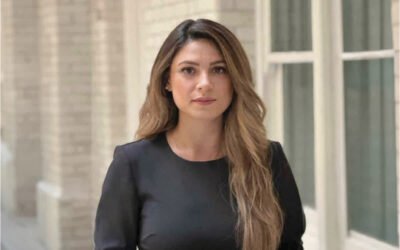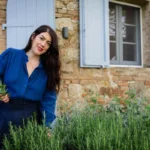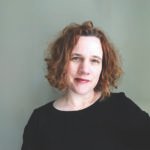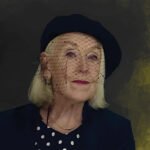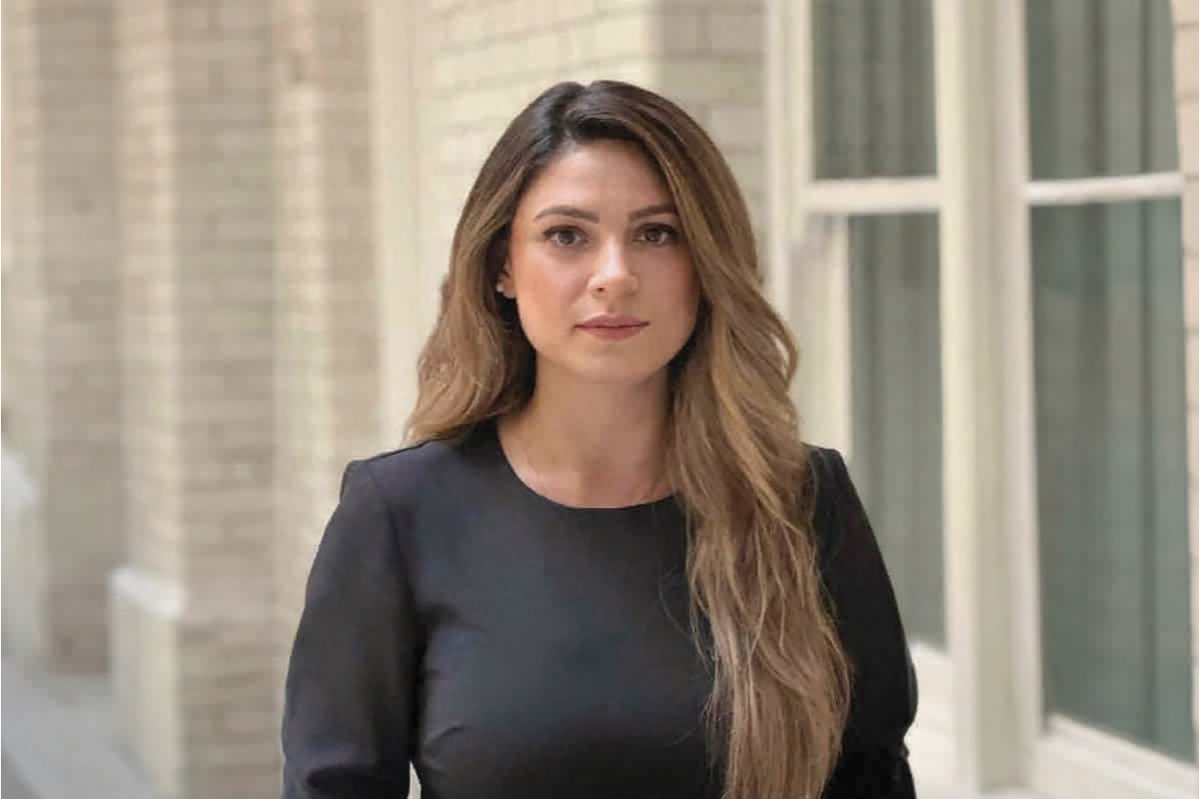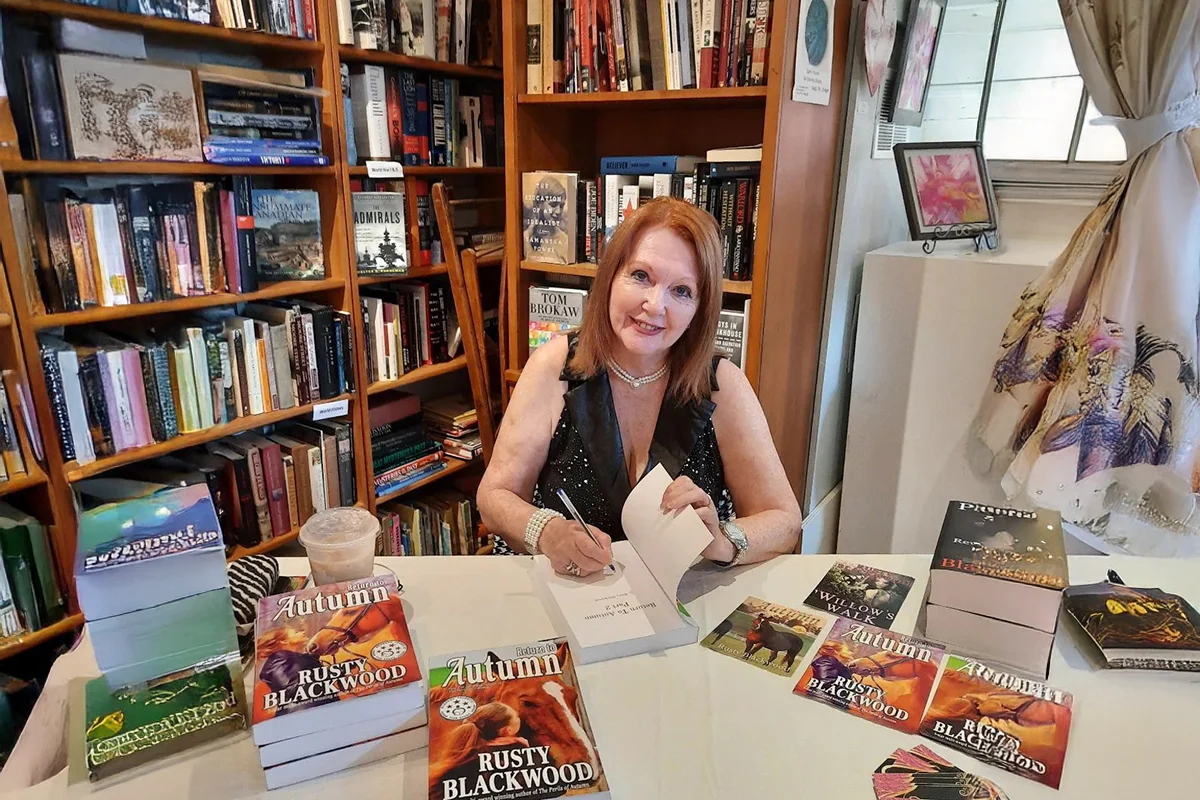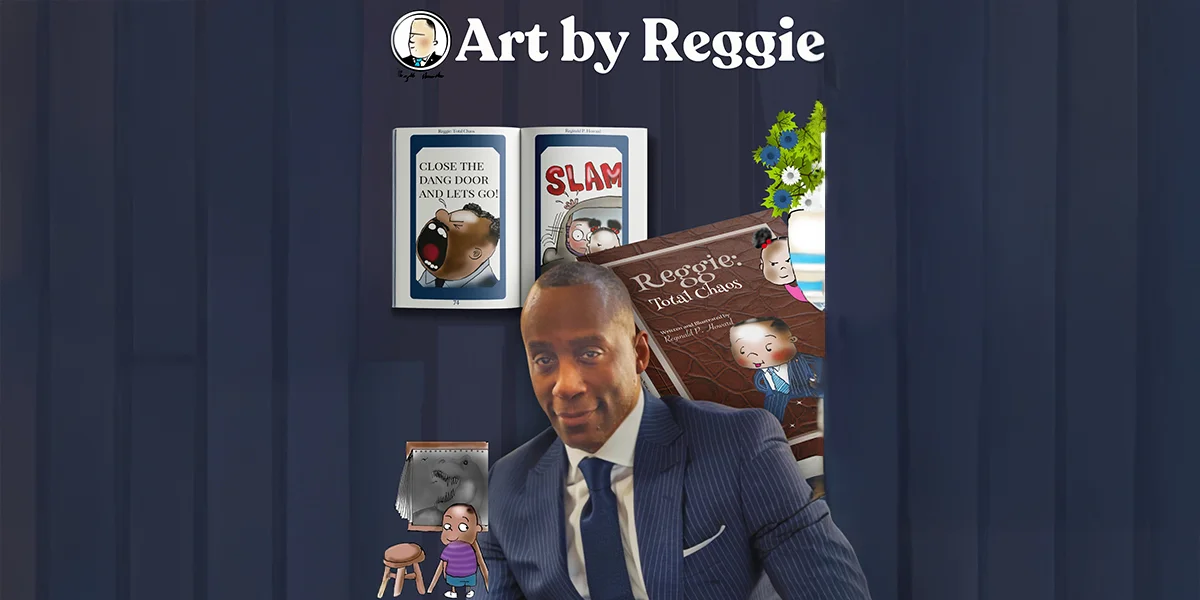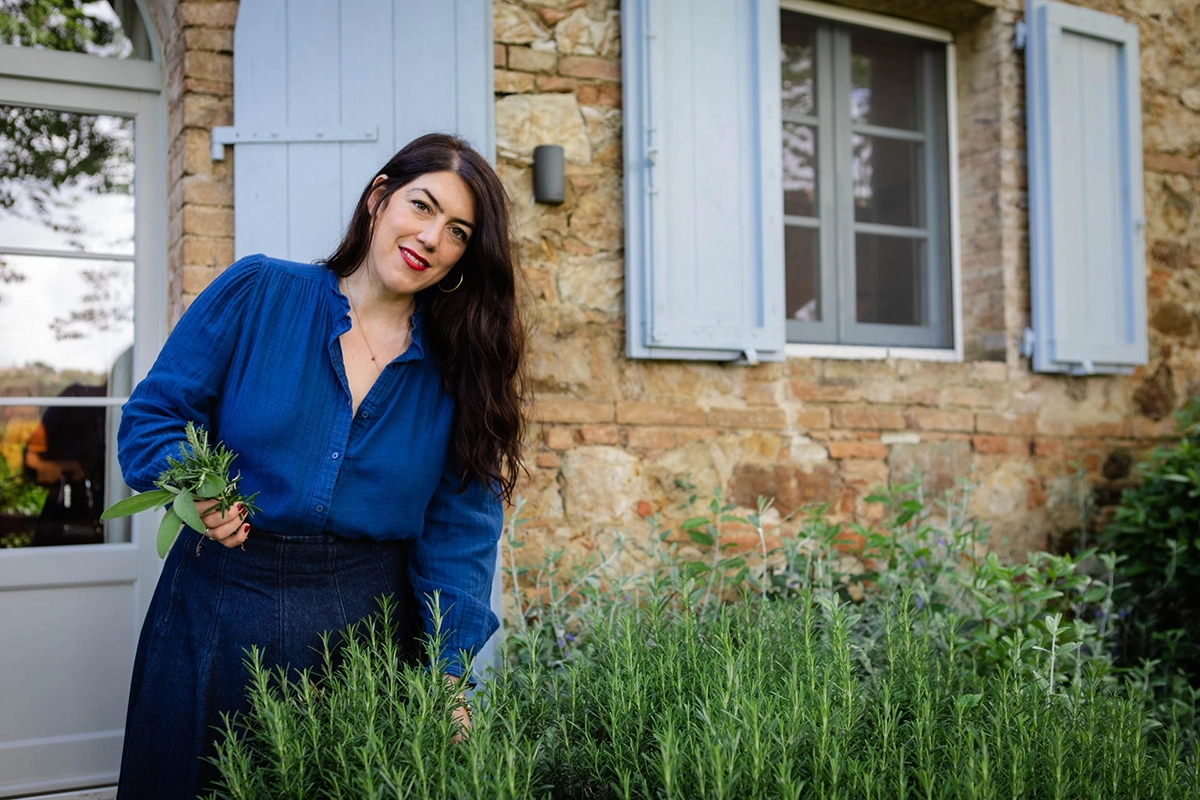Claudine Tinellis Inspires With Her Journey From Law To Literary Success
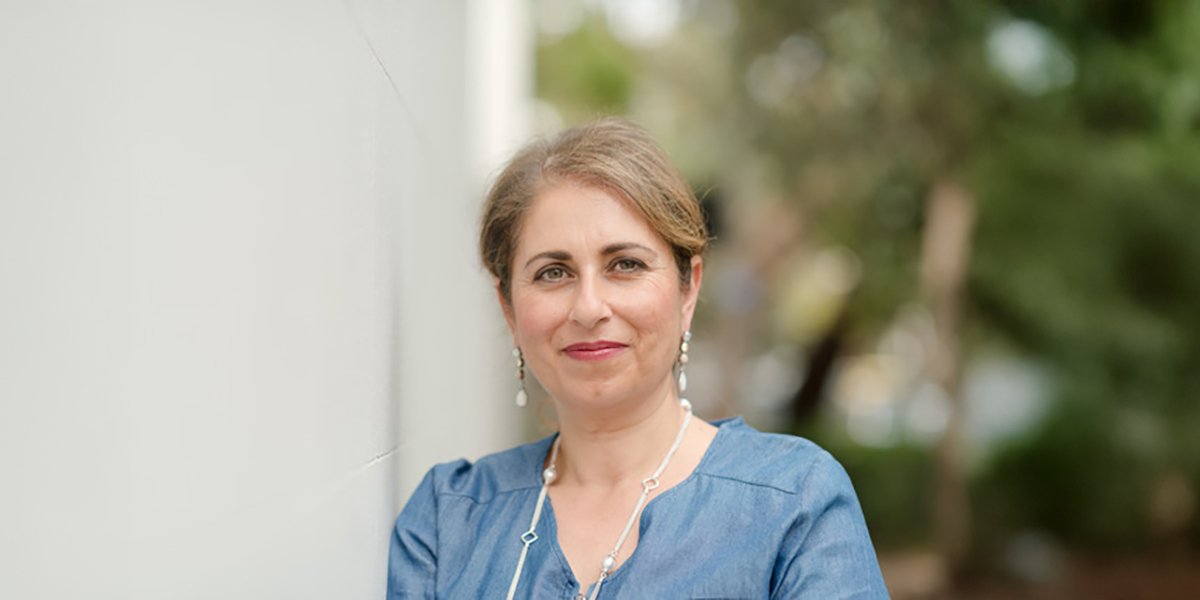
PHOTO: Claudine Tinellis: Champion of Australian Stories and Advocate for Literary Excellence
A Heartfelt Exploration of Writing, Community, and Australian Literature
Claudine Tinellis shares her transformative journey from law to literature, celebrating Australian voices and fostering community through her podcast, ‘Talking Aussie Books.’
Claudine Tinellis stands as a beacon in the literary universe, embodying dedication, imagination, and a profoundly unique perspective that seamlessly bridges her past profession as a corporate lawyer with her current identity as a celebrated author and podcaster. Her journey is the epitome of passion-driven evolution, where the structured world of law has lent her the discipline and focus necessary to navigate the often tumultuous waters of publishing. As the editor of Mosaic Digest magazine, it is both a privilege and a delight to present this insightful interview with Claudine, whose story and perspectives resonate deeply with our mission to celebrate diverse voices in literature.
Since stepping into publishing in 2014 with the editorial endeavor, ‘Coastal Chef: Culinary Art of Seaweed & Algae in the 21st Century,’ Claudine has embarked on a steadfast journey to enrich Australian literature. Her podcast, ‘Talking Aussie Books,’ is a testament to her commitment to fostering literary dialogue, presenting nearly 300 interviews that illuminate the richness of Australian fiction. Ranked among the top ten Australian reading and writing podcasts, Claudine’s work demonstrates how one voice can amplify many, weaving a vibrant tapestry of authorship across the nation.
Claudine’s passion is invigorating—from illuminating marginalized stories to crafting narratives that echo the complexity of Australian identity. Her approach, underscored by authenticity and an unyielding pursuit of excellence, offers invaluable insights to aspiring writers. In this interview, Claudine shares her journey, her challenges, and the liberating philosophies gleaned through engaging deeply with fellow writers. Her belief in creating communities and honing one’s craft offers profound encouragement to those seeking their place in the literary landscape.
At Mosaic Digest magazine, we are committed to shining a spotlight on writers who not only excel in their craft but also elevate the broader conversation surrounding literature. Claudine Tinellis, with her passion, perseverance, and creativity, exemplifies the vibrant spirit of storytelling and relentless pursuit of brilliance. Her narrative encourages us all to appreciate the diverse paths that lead to creative fulfillment, echoing the values we cherish at Mosaic Digest.
Your background in law and publishing has given you a unique perspective on storytelling. How has your professional experience influenced your approach to writing and interviewing authors?
The thing I most hear from successful writers about a career in publishing is the discipline required to become published and stay published.
Writing with a view to becoming published is not for the feint-hearted. It can be a long, solitary and often frustrating road, where many things are out of your control. The only thing you can control is your writing and/or creative practice. Whether it’s writing or producing a podcast – consistency and dedication are key. Effective time management also.
I believe my years as a lawyer taught me the value of discipline and I have applied this both to my writing and the Talking Aussie Books podcast. And while I’m still chasing publication of my debut novel, I continue to write and work hard at honing my craft, always learning from the authors I interview and applying those lessons to my own writing.
As the host of the Talking Aussie Books podcast, you’ve had insightful conversations with many authors. How has engaging with other writers shaped your own creative process and understanding of storytelling?
Engaging with other Australian authors has been essential in my own creative process. Before I started the podcast, I’d only just found a group of like-minded, supportive women writers and we’d meet to write, talk about plot issues, celebrate wins or commiserate on rejections. That was a great base from which to build on. And through the authors I’ve now had the privilege of interviewing, I’ve been able to amass a veritable arsenal of tools that I can apply to my writing to help make my stories the best they can be.
All that being said, one thing talking to other authors has impressed up me is that in the same way that there isn’t a singular road to publication – or success for that matter – there is no right way to write. Each writer has to choose what works for them and their individual circumstances. And learning that has been liberating for me on a number of levels.
Your passion for Australian literature is evident in your work. What do you think makes Australian fiction stand out on the global stage, and are there particular themes or styles that resonate most with you?
Thank you. I AM passionate about Australian literature for a number of reasons. First and foremost, much of what is being written at the moment is a celebration of what it means to be Australian. Our culture is multifaceted and what contemporary Australian writers are tapping into is the diversity of the Australian experience. From the lives of those in marginalised communities, women and indigenous peoples to life on the land and the multitude of things that shape who we are now – it’s all being written into stories that hold up a mirror to our society both past and present.
I’m an eclectic reader – by nature and circumstance. So I will read just about any genre and am fascinated by the way different writers craft their stories. But as a history and law graduate, I have found that I am most drawn to historical and crime novels. I guess it’s no surprise that I write dual timeline crime stories!
From law to literature, your career path has taken an interesting turn. What inspired you to transition into the world of books, and what challenges did you face along the way?
While I’ve always loved books and reading and thought I’d quite like to write a novel one day, I never imagined I would be working in this industry in the capacity I am now. But three small children and ageing parents forced my hand. I was a senior lawyer in a large Sydney law firm and at some point juggling the competing demands became untenable. So I stepped away.
In 2014, I had the opportunity to work on a project with a publisher and local seaweed expert. That project resulted in the publication of ‘Coastal Chef: The Culinary Art of Seaweed & Algae in the 21st Century’. I loved what we achieved with this book and being exposed to publishing.
Not longer after I began writing seriously and started looking for other people in my situation to connect with. I was interested to learn more about other Australian authors and their journey to publication. I went to festivals and book events to network and I started listening to podcasts. But there was nothing out there that was focussed only on Australian authors. And I thought if I was interested in this perhaps others would be too.
In terms of the podcast, there’s been few obstacles. The Australian writing community is exceptionally warm and generous with their time. I was surprised by how much I enjoyed learning about these authors both through my research preparation and the actual interview itself.
On the writing front, things have been more challenging. But I have a literary agent now and I’m confident that my books will find a home in the fullness of time.
With your deep connection to books and the literary community, what advice would you give aspiring writers who are looking to break into the publishing industry or find their voice in the Australian literary scene?
First, find your community. The writing life can be a lonely one. And it’s rare to encounter a writer who doesn’t have the support of other writers available to them. A quick look at Author’s Acknowledgements are a great insight into how many people an author relies on to help them get across the finish line so to speak. In turn I encourage all writers to support other writers as much as possible. Review their books and spread the word.
Second, create a community around yourself by connecting with and supporting other writers as well as readers – whether its through social media, a blog, a podcast or other method. Supporting others will come back to you in spades when your own book is published.
Finally, learn your craft. Take courses, listen to advice from other writers and read – particularly in the genre you intend to write in. This will help you find your voice and school you in the conventions required of your chosen genre.

